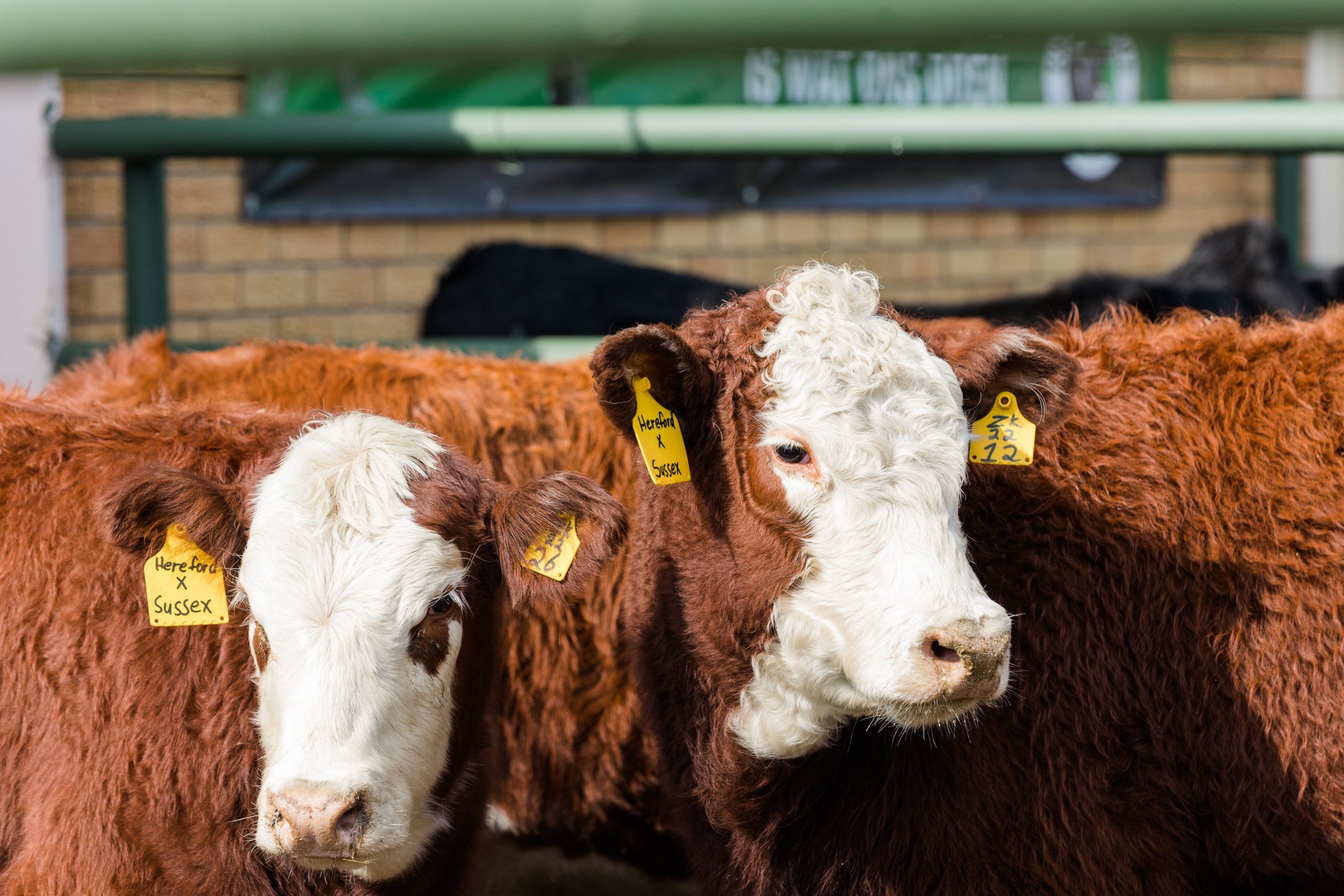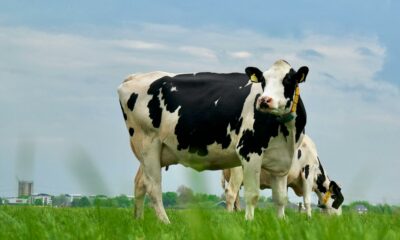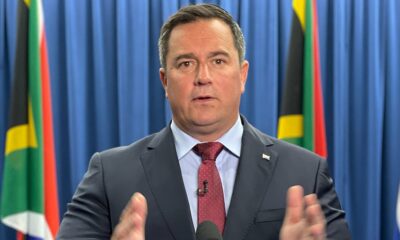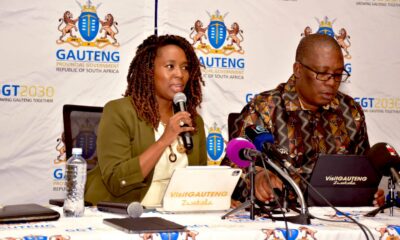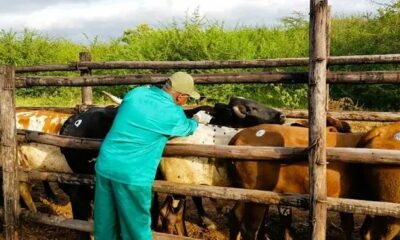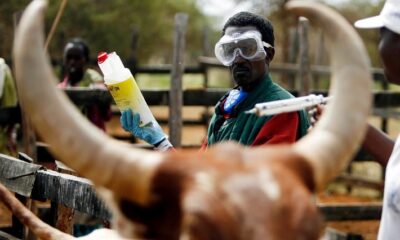Emergency response kicks in as illegal livestock movements worsen national outbreak
South Africa has launched a large-scale vaccination drive to combat a worsening outbreak of foot-and-mouth disease (FMD) sweeping through Gauteng, KwaZulu-Natal, and Mpumalanga — three of the country’s key agricultural provinces.
Following a special Cabinet meeting this week, Minister in the Presidency Khumbudzo Ntshavheni confirmed on Thursday that the government has urgently procured over 900,000 doses of FMD vaccine to contain the crisis. The first batch is expected to arrive shortly, as authorities scramble to limit damage to the livestock industry and broader agricultural economy.
“This is a proactive response to a serious national threat,” Ntshavheni said during a media briefing in Cape Town. “Cabinet welcomed the swift action taken by the Department of Agriculture.”
Outbreak Fueled by Illegal Livestock Movement
The current outbreak has triggered widespread concern among farmers, veterinarians, and meat exporters, with illegal livestock movements now blamed for the virus’s arrival in Gauteng.
“Despite warnings issued earlier, livestock continued to be moved illegally into the province, resulting in the introduction of FMD,” Ntshavheni said.
Several infected farms have since been placed under strict quarantine, with all livestock movements in and out of affected zones prohibited. Entire areas — where door-to-door enforcement isn’t possible — have been declared Disease Management Areas, triggering the same lockdown conditions.
Farmers on Edge as Quarantine Zones Expand
While the government remains confident in its containment strategy, some farmers are calling for tighter enforcement and quicker compensation mechanisms.
“This is every farmer’s worst nightmare,” said a cattle breeder from Heidelberg. “You do everything by the book, and then your neighbour’s herd brings in a virus that shuts down your entire operation.”
Social media has also erupted with mixed reactions. On X (formerly Twitter), one user posted:
“We export beef to the world, but we can’t stop cows from crossing province lines? Come on, man.”
Others praised the government’s rapid response:
“At least they’re not dragging their feet. Vaccines ordered, quarantine in place. Let’s not politicise disease control.”
A National Biosecurity Council on the Horizon
As part of its long-term response, Cabinet also announced the formation of a National Biosecurity Council. The council will include representatives from SAPS, the Border Management Authority, veterinarians, scientists, and agricultural industry leaders.
Its goal? To improve coordination, readiness, and biosecurity protocols to prevent future outbreaks and better manage those that do arise.
“The council is a critical step towards tightening our borders and safeguarding our livestock economy,” Ntshavheni said. “It will ensure risk management and coordination become part of our permanent toolkit.”
Protecting a Vital Sector of the Economy
South Africa’s agricultural sector, especially livestock, plays a major role in rural employment and export revenue. FMD outbreaks not only threaten food security, but also have direct implications for international trade bans, particularly on meat products.
With thousands of animals at risk and trade relationships on the line, Cabinet is banking on swift containment and stronger biosecurity to stem the outbreak.
As vaccines roll in and quarantine efforts expand, farmers and consumers alike will be watching closely — not just for signs of the virus fading, but also for signs that South Africa’s agricultural defence systems are finally being modernised.
